 With a month until we welcome you to Medellín, we are thrilled to share the latest updates on speakers for our plenaries. You’ll find the lowdown on some of our topics and speakers on our website and below we highlight more of the plenary programme. With a month until we welcome you to Medellín, we are thrilled to share the latest updates on speakers for our plenaries. You’ll find the lowdown on some of our topics and speakers on our website and below we highlight more of the plenary programme.
Trust in Science Confidence in research: global implications for researchers and the media Science and its practice are undergoing rapid change, and the pandemic has transformed scientific endeavour in a number of ways – giving it greater prominence and recognition, but creating higher expectations around pace and certainty. Navigating huge quantities of information, finding relevant research, knowing what can be relied upon and tying together quality insights has been made harder for researchers, as well as the media. This discussion will unpack the drivers of confidence in research and discuss the role that different sectors, including journalism, can play in supporting a credible research ecosystem. What are potential solutions that can support scientific research and communications communities in a way that ultimately improves research integrity and public confidence in science? 
Dante Cid is Vice-President of Academic Relations for Elsevier in Latin America, represents Elsevier as President of the Brazilian Publishers Association, President of the Pro-Livro Institute for Literacy, and in several other organisations. He has a Master of Sciences in Artificial Intelligence from the Pontifical Catholic University of Rio de Janeiro and graduated summa cum laude as Computers Engineer by IME, the Military Institute of Engineering, Brazil. 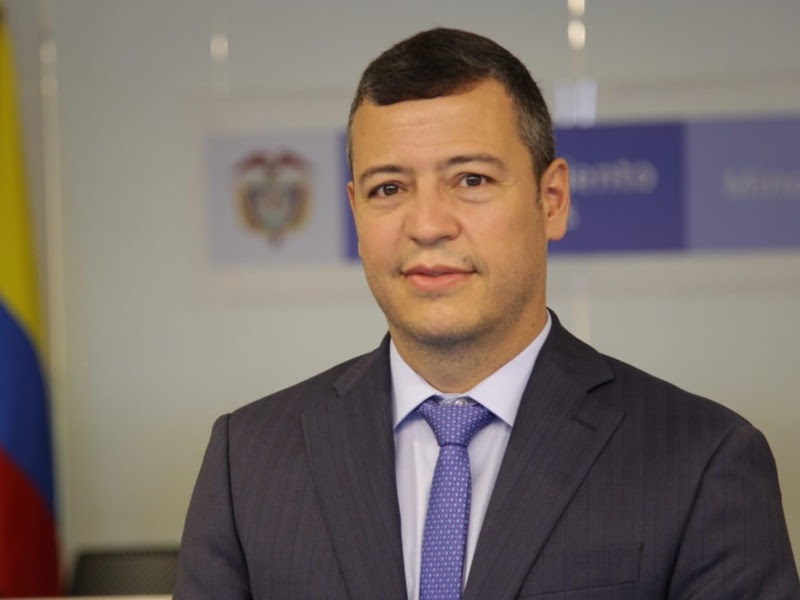
Sergio Cristancho is Vice Minister of Knowledge, Innovation and Productivity – Colombia. He is a full professor at the National Faculty of Public Health and was Vice Chancellor for Research at the University of Antioquia. He has been a full-time professor at the University of Illinois as well as visiting professor at renowned universities in Colombia, Brazil, Chile, Mexico, and Guatemala. Crisancho was Vice President and Member of the Board of Directors of the NGO Salud Latina / Latino Healthof Chicago, as well as a member of the Editorial Board of Family & Community Health Magazine. 
Andrés Roldan. Executive Director Parque Explora where he has helped to build a vision for inspiring, communicating and transforming, through interactive learning environments for the public understanding of science and technology. Parque Explora is one of the most visited museums in Colombia and is a top reference science centre in Latin America with a vast collection of experiences on science, technology, biodiversity and innovation. Andrés has experience in creating, conceptualising, designing, building, reinventing, fundraising and managing museums, exhibitions, exhibits, educational strategies and learning environments. This experience is the result of a long term vision of connecting society, through the inclusion and integration of communities with urban planning, architecture, culture, education, social innovation, science and technology in the most vulnerable areas of the city. More speakers to be announced… 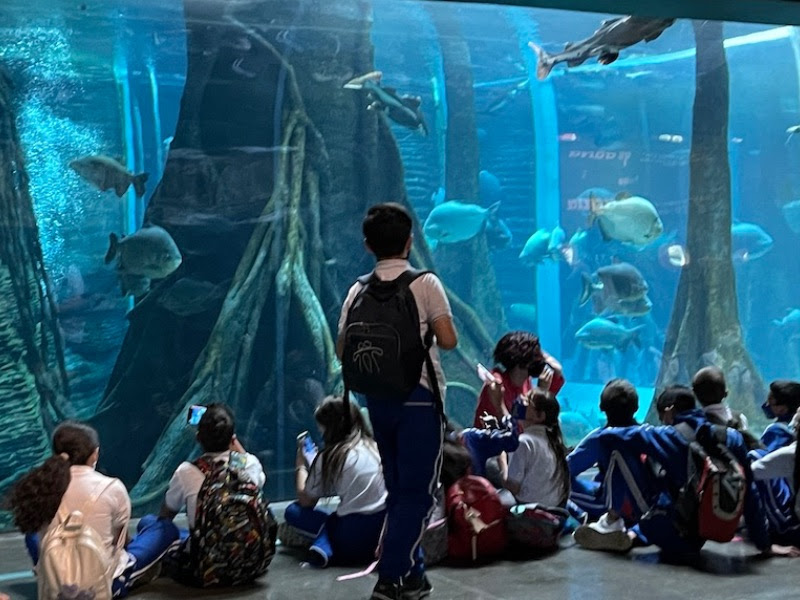
Open science Open science combines various movements, practices and actions that aim to make scientific research from all fields accessible to everyone for the benefits of scientists and society as a whole. By promoting science that is more accessible, inclusive and transparent, open science furthers the right of everyone to share in scientific advancement and its benefits as stated in Article 27.1 of the Universal Declaration of Human Rights. This session will introduce the UNESCO Recommendation on Open Science, which recognizes communication as essential for truly open and equitable science. Panellists will discuss the steps that countries and science actors are taking to transition to open science in different contexts. Participants will be asked to help develop guidance on nurturing effective open science journalism: What role does journalism play in open science? How can the transition to open science support science journalism? 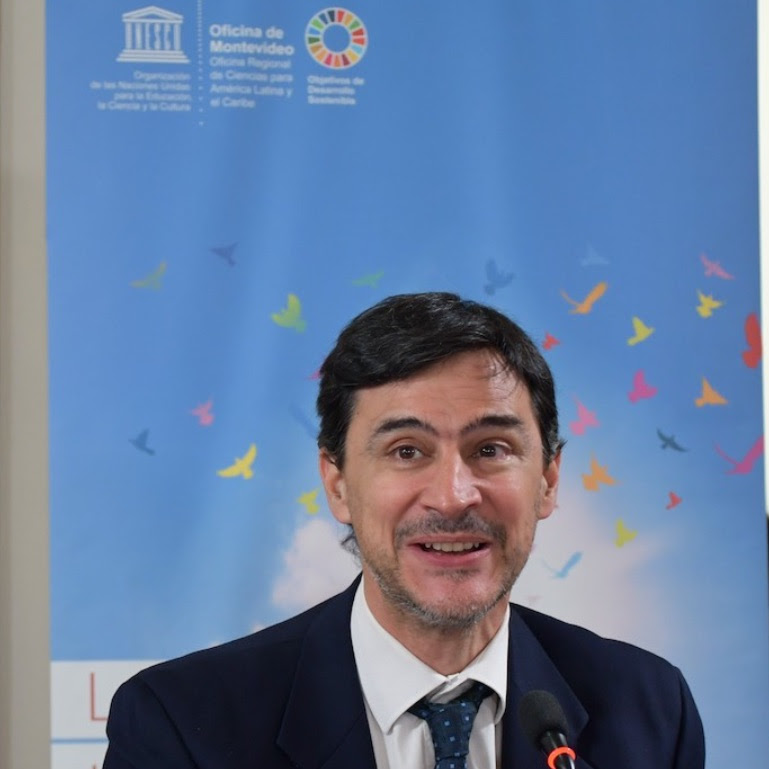
Guillermo Anlló is Senior Programme Specialist of UNESCO’s STI Policy Program for Latin America and the Caribbean, where he is responsible for regional activities in STI Policy Advice, Open Science; STEM Education, Science Communication, Gender and STEM, STI Information, Promotion of Basic Sciences and Engineering, Society-Science-Policy Relationship, Science and Diplomacy. He has a degree in Economics from UBA and a master’s degree in Science, Technology and Society from Universidad Nacional de Quilmes, Argentina. He has specialised in science, technology and innovation STI policies, bioeconomy and innovation indicators. 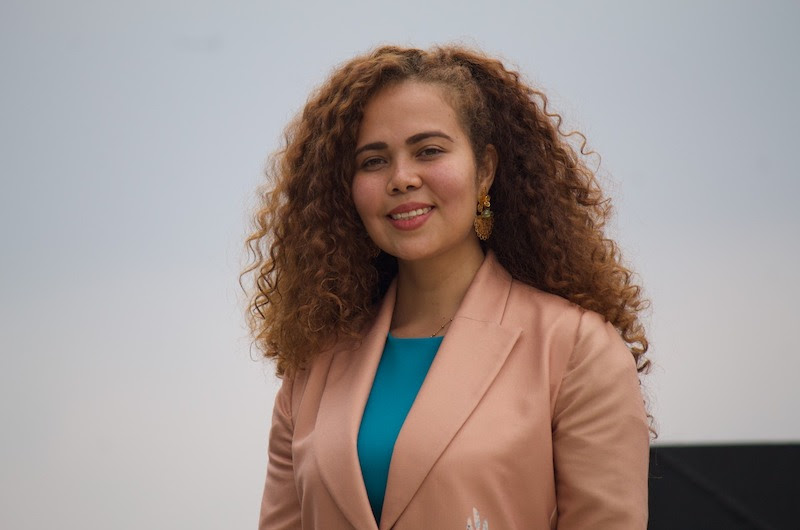
Yesenia Olaya Requene is Vice Minister of Talent and Social Appropriation of Knowledge of Minciencias. During her professional career, she has led the inclusion and academic training of students from 26 countries in Latin America, the United States, and Europe, including social leaders, public officials, undergraduate and graduate students, in the field of Afro-Latin American studies. She has a doctorate in anthropology from the National Autonomous University of Mexico, and has served as academic coordinator of the Certificate in Afro-Latin American Studies of the Afro-Latin American Research Institute at Harvard University. New additions to the Science Diplomacy plenary Moderated by a science journalist, speakers will argue that a new type of diplomacy and dialogue is necessary to navigate this changing landscape. Traditionally, states have been the principal actors exercising the practice of diplomacy as a means of managing their international relationships. 
Dr Soledad Quiroz is a Researcher in Open Science at Universidad Central de Chile & Vice President for Policy, International Network for Governmental Science Advice (INGSA). She was executive secretary of the Chilean Scientific Committee on Climate Change between 2020 and 2021. In September 2021 she was elected Vice-President for Policy of the International Network for Government Science Advice (INGSA) and is a member of the Latin American and Caribbean Science Diplomacy Network (DiploCientífica). She holds a PhD in Biochemistry and Molecular Biology from Michigan State University (USA), and a Masters in Public Policy and Management from Carnegie Mellon University (USA). She has been a lecturer and researcher in science and technology policy, science advice and science diplomacy. 
Moderator: Kai Kupferschmidt is a science journalist based in Berlin. He has worked as a freelance editor and writer for numerous German newspapers and is a contributing correspondent for Science Magazine. During the pandemic he also launched a German language science podcast called “Pandemia” with his colleagues Laura Salm-Reifferscheidt and Nicolas Semak. He has written two books, one on infectious diseases and one on the science of the colour blue that has been translated into several other languages. Kai has received numerous awards for his work, including the Media Prize of the German AIDS Foundation and the NIHCM Trade Journalism Award. News from Amazonia The Amazon is the Earth’s largest remaining rainforest. It provides one-fifth of the world’s fresh water, is home to the planet’s most diverse collection of wildlife and provides life-giving resources to local people and Indigenous communities. And importantly, the region plays a vital role in mitigating climate change. Although the last decade has seen progress in the sustainable management of Indigenous lands and protected areas of the region, significant threats remain. Our panellists will discuss key threats and share how local and national governments, Indigenous communities, NGOs and the private sector are working to conserve the Amazon basin to benefit local and global communities. 
Ane Alencar is a Geographer with a Master degree in Remote Sensing and Geographic Information System from Boston University and PhD in Forest Resources and Conservation at University of Florida. She is the Science Director at IPAM and for the past 27 years, she has been working and coordinating a research team dedicated to understanding the dynamics of fire, forest degradation and their relationship with land use, climate change, and conservation in the Amazon and Cerrado biomes. She is one of the coordinators of the Mapbiomas and ]the Greenhouse Gas Emissions Estimation System (SEEG) initiatives. She is one of the lead authors of the Scientific Panel for the Amazon. Day tours around Medellín
On Monday 27 and Friday 31 March several tours will offer the opportunity to explore the city.
You could enjoy an adventure on wheels cycling through La Montaña de los Dioses, visit some of the castles in the city and find out more about their history, sample the delights of street food or immerse yourself with us and walk along a path full of history, a unique and unforgettable vegetation where you will be welcomed by incredible people. Book your half day or full day excursion on our website. 
SCIENCE CONTENT CREATION AT YOUR FINGERTIPS SciencePOD offers a collaborative platform where expert teams of science and medical writers, editors and multimedia producers create summarised content based on clinical or scientific evidence for educational, informational and marketing purposes. It delivers clear, concise and compelling summarised highlights of medical and scientific documents in text, infographic, podcast, video and AI-summary formats. The platform combines access to a global community of over 600 expert editorial professionals working as teams using our authoring and workflow tools to ensure time-efficient delivery of clients’ digital stories. The platform was recently enriched with an AI summarisation solution, called ScioWire. ScioWire is a productivity tool for journalists and researchers alike. It offers custom newsfeeds made up of AI summaries of the latest open-access research, tailored to your preferred keywords. It helps to monitor the latest open access research and summarise their own selected studies on-demand. (Join our beta tester’s community here). | 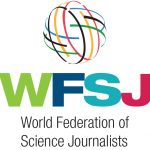

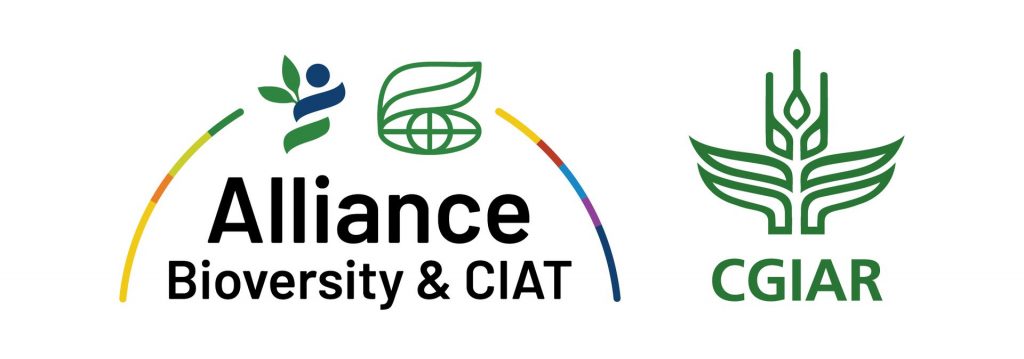
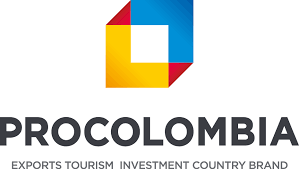
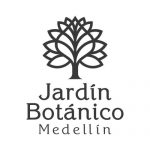
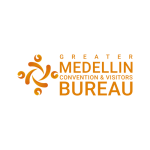
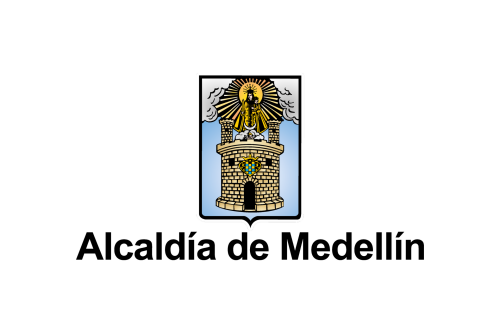

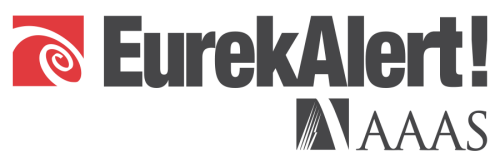
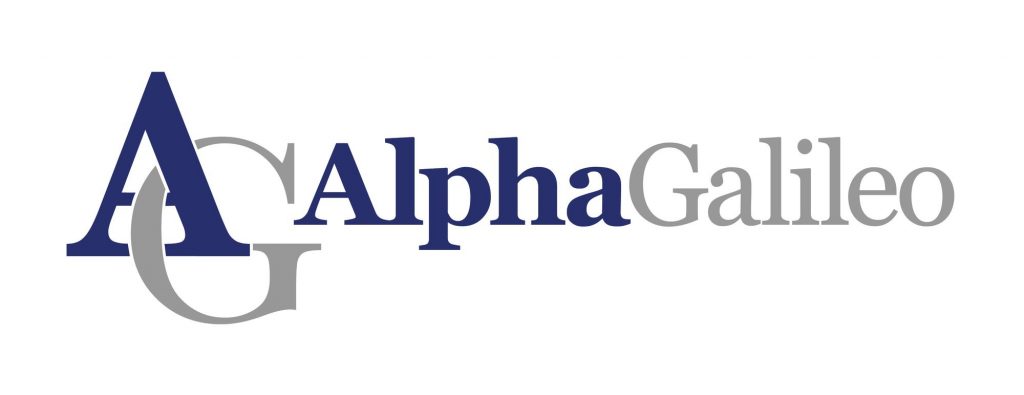



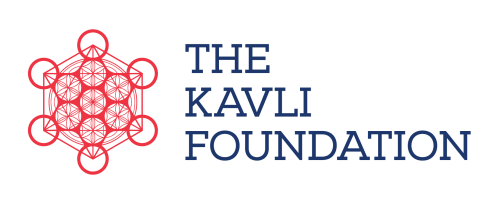
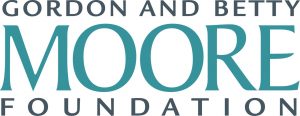
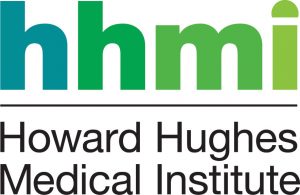



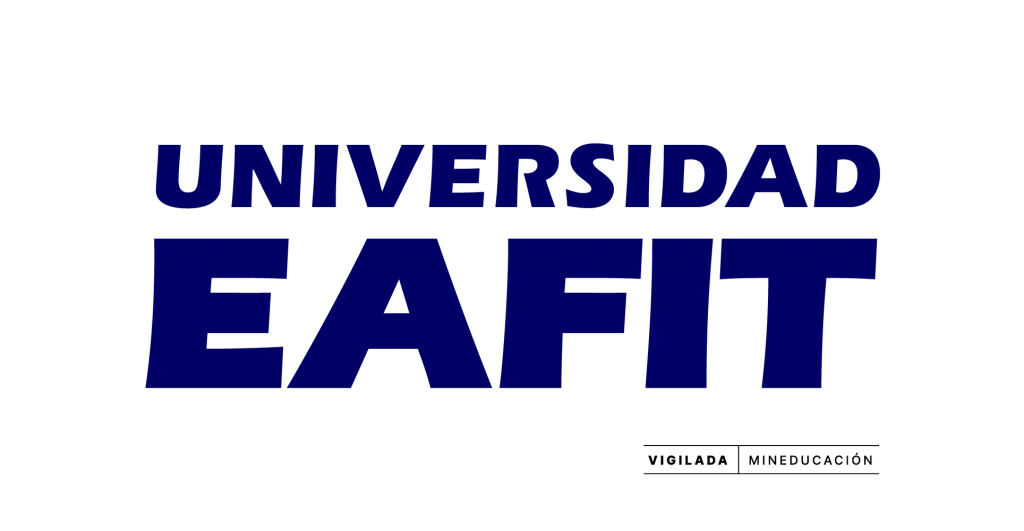

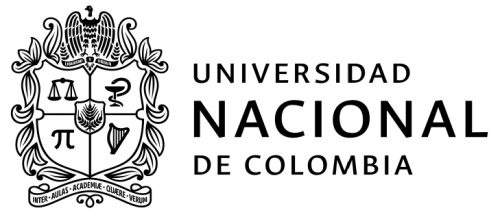

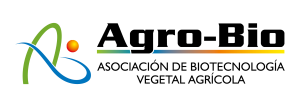
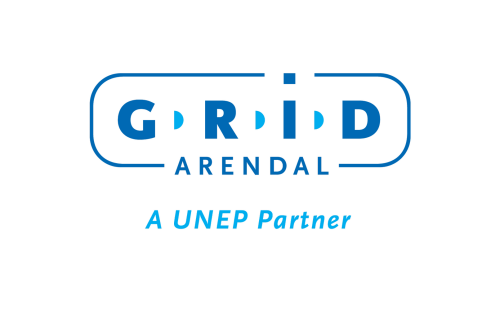
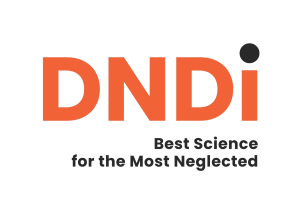
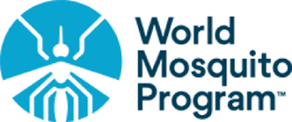
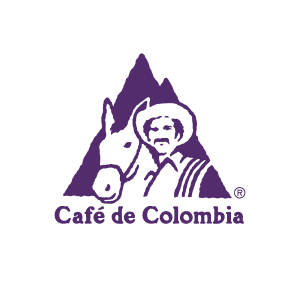
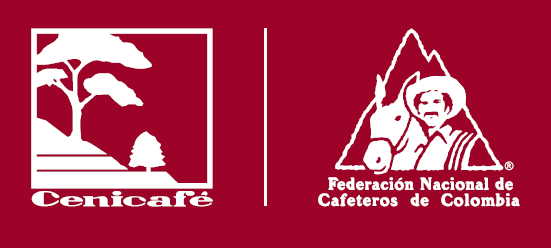

 With a month until we welcome you to Medellín, we are thrilled to share the latest updates on speakers for our plenaries. You’ll find the lowdown on some of our topics and speakers on our
With a month until we welcome you to Medellín, we are thrilled to share the latest updates on speakers for our plenaries. You’ll find the lowdown on some of our topics and speakers on our 









